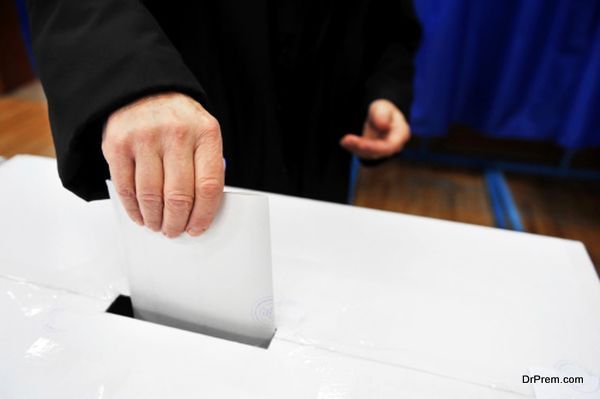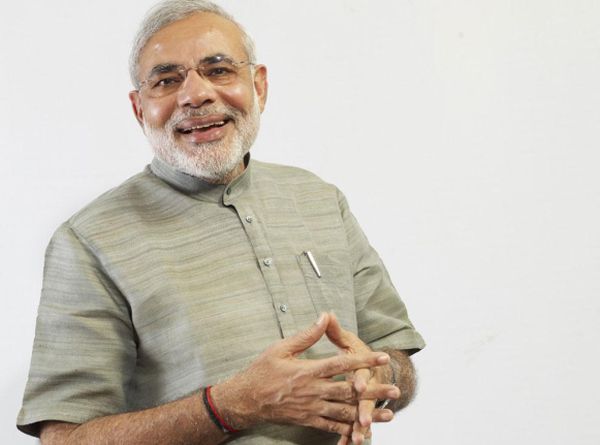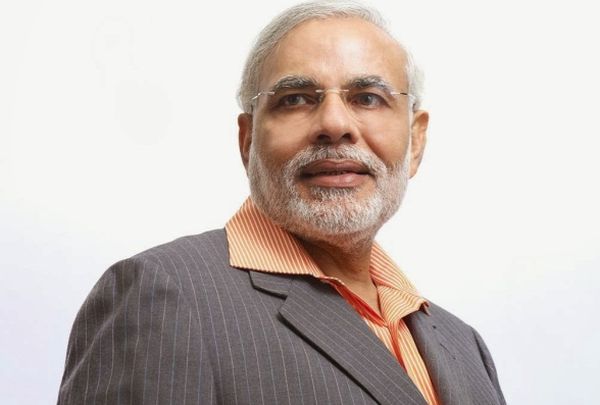India is all set to experience one of the greatest electoral battles in the history of the country this year. With the BJP’s prime ministerial candidate Narendra Modi predicted to win a landslide battle, the people of the country have quietly started adjusting to the new wave called NaMo.

John Maynard Keynes likened this attitude to a beauty contest that had just one contestant, Narendra Modi who has firmly positioned himself as the only existing possible solution for India’s current woes.
With the country experiencing the greatest political instability it had ever witnessed in the past few years, Modi would have tons of expectations and circumstances challenging him when (or if) he takes over.
Which brings us to ask one important question, will Modi be able to become the person he pitched himself to be? And would he be able to enable NaMonomics in Indian politics?

Challenges faced by Modi
One of Modi’s main challenges of NaMonomics would be focusing on growth related to private as well as public investments. India has been reduced to a high cost, low growth economy over the past few years. Poor finance management has stifled growth as well, with the country slated to borrow almost INR 65 crore per hour per day in 2014. This figure is excluding the Rs. 1.5 lakh crore needed for food subsidies and fuel.
The banking sector is also in a bad phase with nearly Rs. 2 lakh crore bad loans and over INR 3.5 lakh crore private estimates. Over INR 12lakh crore is also stuck in the pipelines of projects that have been stalled due to pending permissions.
As such, generating funds for growth would require expenditures to be cut, taxes to be raised, subsidies and exemptions to be cut and resources to be raised via privatization. With GDP growth at 4.5, cutting expenditures or raising taxes is not a good idea. Cutting subsidies would not be negotiable even within the BJP let alone with regional parties.
And privatization of resources looks unlikely at the moment. Solutions to these problems are not unavailable, but would take a long time to implement.

India’s troubled political crisis has also led to issues like corruption and poverty. The institution has been disempowered by the expansion of entitlement among politicians as well as voters. Possible solutions like decentralization also remain stuck in pipelines associated with political navigation as well as negotiation of rent.
Sadly, none of the issues or the solutions for the same is part of Narendra Modi’s campaign menu. Nevertheless, the voters of today are well informed on what is happening in the country as well as what the warring political parties are against.
Modern India has risen above the ashes to demand a wider and more transparent role in decision-making. Instead of promises, they are demanding for solutions.



